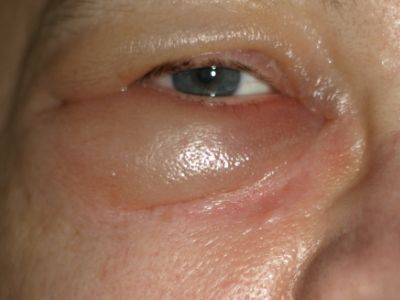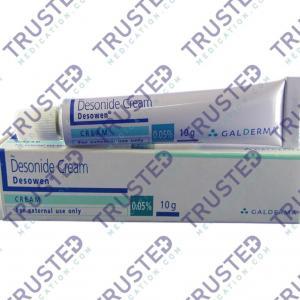
Rhinitis can cause a variety of sleep disturbances. If you want to pinpoint the root of your sleep problems, and you suspect that allergies are the culprit, talk to your family physician or an otolaryngologist. Your physician may initially recommend over-the-counter drugs.
What is Rhinitis?
Rhinitis is characterized by nasal congestion, runny nose, sneezing, and itching. Symptoms of rhinitis include eye, ear, and throat irritation resulting from inflammation. Rhinitis can take several forms. There are three types of rhinitis: acute rhinitis caused by viruses, allergic rhinitis or seasonal rhinitis, and nonallergic rhinitis or year-round rhinitis. Histamine is released in the body when allergens in the air trigger allergic rhinitis. The nasal passages, sinuses, and eyelids become itchy, swollen, and filled with fluid due to histamine.
People with asthma are at a higher risk for rhinitis. Allergic rhinitis is a common problem that may be linked to asthma. However, this link is not fully understood. Experts think that since rhinitis makes it hard to breathe through the nose, it is harder for the nose to work normally. Breathing through the mouth does not warm, filter, or humidify the air before it enters the lungs. This can make asthma symptoms worse. Controlling rhinitis may help control asthma in some people.
Preventive measures for avoiding allergic rhinitis include:
- Avoiding areas where there is heavy dust, mites, or molds
- Controls in your environment, such as air conditioning during the pollen season
- Avoiding pets
- Avoiding what you know you are allergic to
Medication can be used for rhinitis:
- Beclomethasone Dipropionate – this drug stops the factors that cause asthmatic conditions. Beclomethasone Dipropionate stops the swelling of the airways in the lungs by targeting the inflammation-causing factor making breathing easier.
What Are The Symptoms Of Rhinitis?

Common symptoms of allergic rhinitis include:
- Itchy eyes
- Watery eyes
- Dark circles under the eyes
- Sneezing
- An itchy nose
- Coughing
- A sore or scratchy throat
- A runny nose
- A stuffy nose
- Hives
- Excessive fatigue
- Frequent headaches
- Eczema-type symptoms, such as having extremely dry, itchy skin that can blister and weep
Usually, you will feel one or more of these symptoms right away after coming into contact with an allergen. Some symptoms, such as recurrent headaches and fatigue, may only happen after long-term exposure to allergens. Some people experience symptoms only rarely. This likely occurs when you’re exposed to allergens in large quantities. Other people experience symptoms all year long. Talk to your doctor about possible allergies if your symptoms last for more than a few weeks and don’t seem to be improving.
How Does It Affect Your Sleeping Pattern?
Allergens irritate your nasal passages when they enter your nose, triggering uncomfortable symptoms like sneezing, nasal congestion, and watery eyes. These symptoms affect your ability to breathe easily and tend to worsen at night.
If your allergies keep you up at night, you may be missing out on sleep. Without a good night’s sleep, you end up feeling tired and grumpy the next day. Being tired can impair your performance at school and work, negatively affecting your health and well-being. Poor sleep also heightens anxiety and stress response, which in turn, makes it harder to fall asleep.
Rhinitis doesn’t just impact your ability to fall asleep they also interfere with your ability to stay asleep. People with allergies may wake up because of a congested nose, sneezing, or coughing fit in the middle of the night. Over time, this kind of allergy-induced sleep deprivation adds up, creating a vicious cycle that leads some to rely on sedatives or alcohol to help them fall or stay asleep.

Factors that can increase your risk of rhinitis include:
- Exposure to irritants. If you’re exposed to irritants such as smog, exhaust fumes, or tobacco smoke, you may be at increased risk of developing rhinitis.
- Prolonged use of decongestant nasal drops or sprays. Using over-the-counter decongestant nasal drops or sprays for more than a few days can cause more-severe nasal congestion when the decongestant wears off, often called rebound congestion.
- Being female. Due to hormonal changes, nasal congestion often gets worse during menstruation and pregnancy.
- Occupational exposure to fumes. In some cases, it is triggered by exposure to an airborne irritant in the workplace. Some common triggers include construction materials, solvents, or other chemicals and fumes from decomposing organic material such as compost.
- Certain health problems. Several chronic health conditions can cause or worsen rhinitides, such as hypothyroidism, chronic fatigue syndrome, and diabetes.








